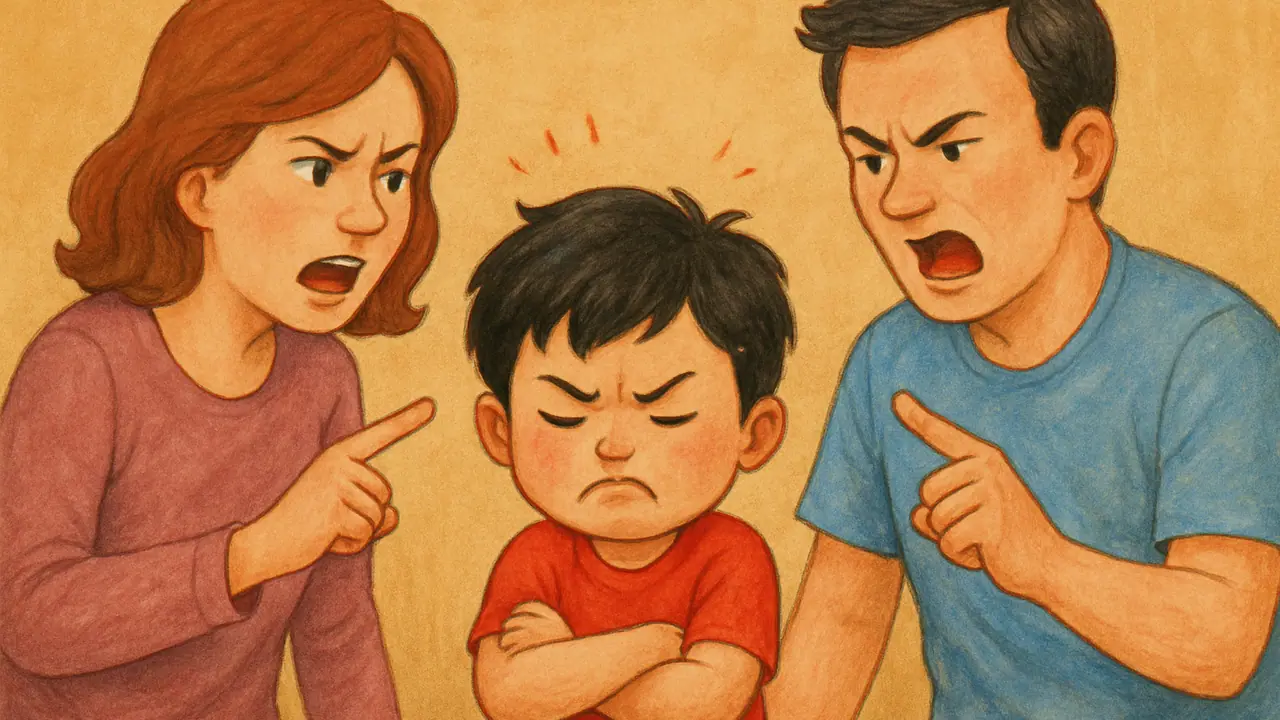Parenting is about leading, not ruling. Here are the important things you should know and never force your kids to do.
Parenting is not controlling children, but guiding them. Structure and discipline are required, but coercing children into doing certain things may lead to resentment, fear, and low self-esteem. Following are six things parents should never coerce their children to do.

6 Things you should never force your kids to do
1. Hug or Kiss Someone They're Uncomfortable With
Most parents teach children to hug or kiss relatives as a gesture of respect. Forcing hugs or kisses, though, can make children feel helpless over their own bodies. Instead, teach them about consent and allow them to choose how they wish to show affection.
2. Apologize When They Don't Get Their Mistake
To apologize must come from real comprehension, not manipulations. Unless the child has a clear picture of why he is apologizing, it won't teach him empathy. Rather, tell them what happened and make them grasp how what they did hurt people.
3. Eat Food They Don't Like
It is not recommended that children be made to complete food they do not like, since it may have the effect of developing negative feelings about meals. Rather than coercing, present them with new food in little amounts and ensure meals are friendly and enjoyable. Engage them to experience other tastes but also be sensitive to their choices.
4. Stay Consistent at a Job or Activity They Detest
Each child is different and has special talents and interests. Forcing him to a hobby or profession that he does not like will frustrate and make him miserable. Encourage their interest instead and allow them to experiment with alternatives until they reach the excitement level.
5. Share Their Belongings When They're Not Ready
It is necessary to teach sharing to children, but insisting on letting go of their belongings or their toys results in resentment. Be a good example of kindness and generosity and make them learn about the positives of sharing, but avoid insisting on it.
6. Quash Their Feelings
Telling children to "stop crying" or "be tough" can make them feel like their feelings are wrong. Instead, inform them that all feelings are right and encourage healthy means for them to express their feelings. Encourage open discussion about their concerns and thoughts.


